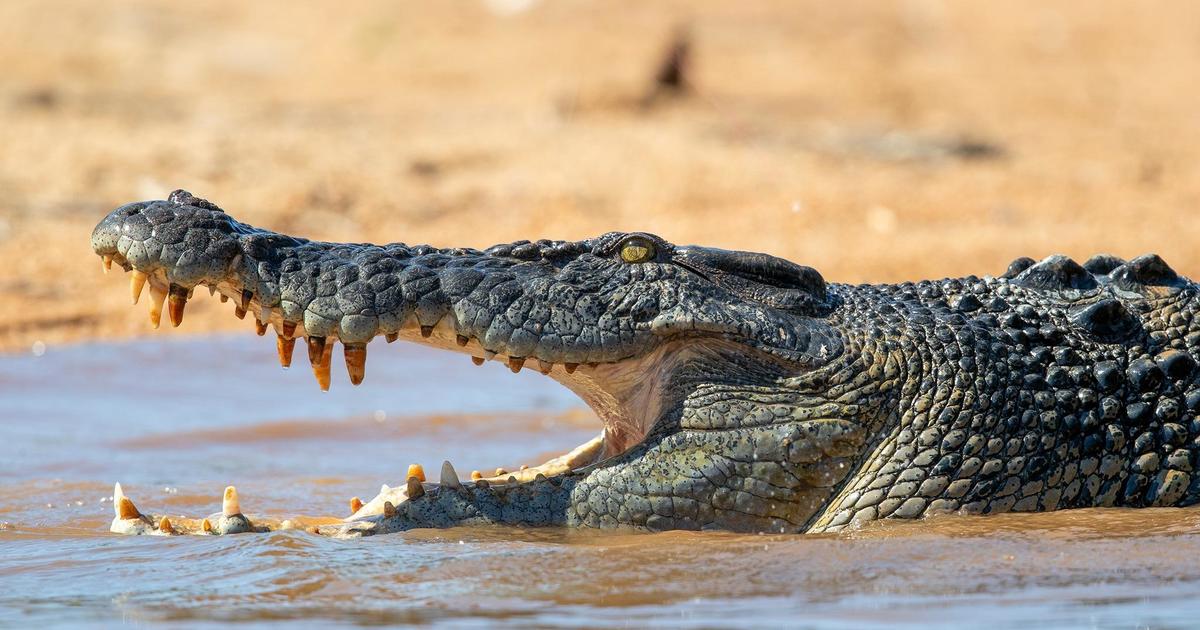Why so many medicines are in short supply months after Hurricane Maria
The nation's health care system is still reeling from Hurricane Maria five months after the killer storm hit. Along with Puerto Rico's electrical grid and infrastructure, Maria also wiped out Puerto Rico's substantial pharmaceutical manufacturing industry, causing huge repercussions for patients in both Puerto Rico and the U.S. mainland.
Most problematic is the massive shortage of Puerto Rican-produced IV bags that hold saline solution and are used to dilute and administer medication. This winter's severe flu season has made this shortage even tougher to deal with, said Nicolette Louissaint, executive director of Healthcare Ready, a nonprofit industry group that is coordinating recovery efforts in Puerto Rico.
But IV bags are not the only Hurricane Maria-related shortage. U.S. Food and Drug Administration Chairman Scott Gottlieb reported last November that the agency was monitoring a list of 90 medical products for hurricane-related shortages including 40 or so drugs. Since then, the FDA has narrowed down its list of monitored drugs to about 10, as pharmaceutical and medical supply companies source products from other locations and as Puerto Rican recovery efforts take hold, said Erin Fox, senior director of the University of Utah's drug information and support services. Fox tracks drug shortages for the American Society of Health-System Pharmacists.
The FDA does not disclose the names of products being monitored, but Puerto Rico is known for manufacturing drugs for cancer, diabetes and heart disease. Medicine and medical supplies are the island's leading exports and more than a dozen top selling pharmaceuticals are produced there, including blood thinners and arthritis drugs, according to a report in Healthcare and Life Sciences Review.
Hurricane Maria isn't the only culprit. "It's important to understand that drug shortages were a huge problems well before the disaster in Puerto Rico," Fox explained. The hurricane made a bad situation much worse and brought to light how complex the U.S. drug distribution system can be, Louissaint added.
Before Maria, for instance, there was already a problem with saline supply because of quality problems at a California manufacturing plant. Another example: hospital workers have noticed shortages of Atenolol, a commonly prescribed medication for high blood pressure. It isn't clear if this shortage was made worse by the hurricane or stems from another problem. Shortages are also routine for many injectable generic products, Fox said.
Tracking drug shortages due to quality and manufacturing problems is challenging because pharmaceutical companies believe where a product is made and how the plant operates are trade secrets, Fox explained. Companies are not required to disclose where drugs are made. That said, the FDA checks for pharmaceutical quality and can take action against companies that are falling short. In many instances, Fox tracks a shortage after the FDA sends a warning letter to a drug maker because of quality problems.
After Maria, Baxter International, the company that manufactures IV saline bags in Puerto Rico, was open about the crisis it was facing. Baxter accounts for 43 percent of the United States' IV solution market and the bulk of that had been produced in Puerto Rico. As supplies of bags dwindled, hospital workers had to scramble to find other, often less suitable, ways to administer drugs. Pain medication, for instance, may be given in pill form, which is much less fast acting – a real problem for emergency room or severely ill patients. In other cases, doctors or nurses must use more time consuming methods to administer intravenous drugs, taking away from other patient care.
The FDA is working with pharmaceutical and medical supply companies to restore production and find other sources for products, Louissaint said. In addition, power is restored to more than 60 percent of the island and most major manufacturing facilities are resuming production, she added.
But even with the recovery efforts, the disruption in manufacturing and the continued troubles with power stability may mean at least another few months lag in supply, Fox predicted.
What's more, another troubling shortage has cropped up. Now health care facilities across the country are dealing with a severe lack of sterile water, another basic but critical medical supply. "We really need that," Fox explained. "Lots of drugs come in powder form and you have to mix them with very pure water." Increased demand for sterile water from the lack of IV saline bags may be contributing to the shortage, but the exact reason isn't yet clear. Fox is still investigating.



